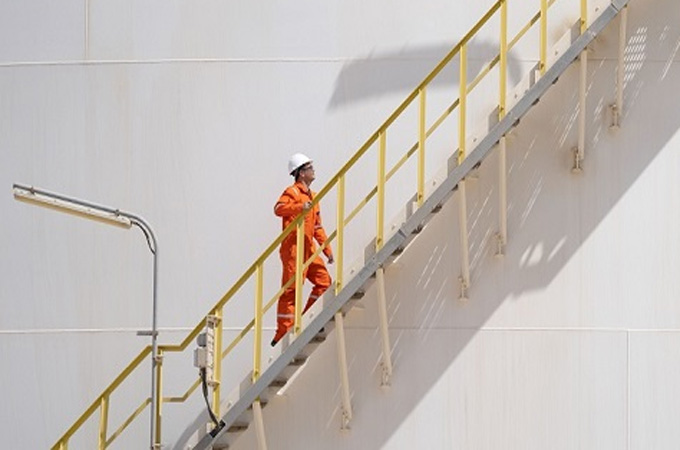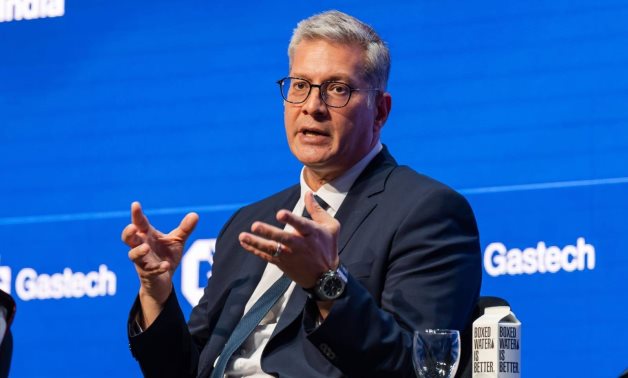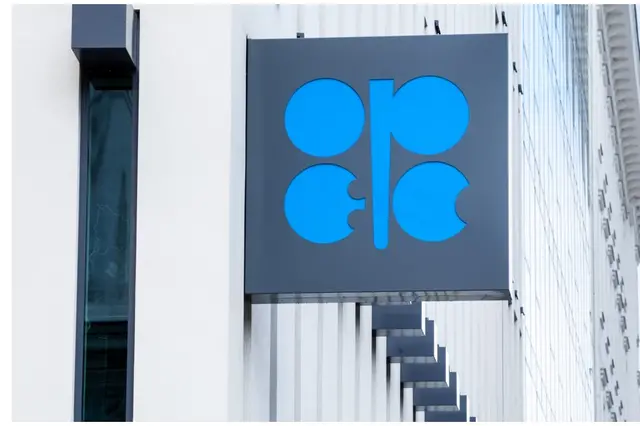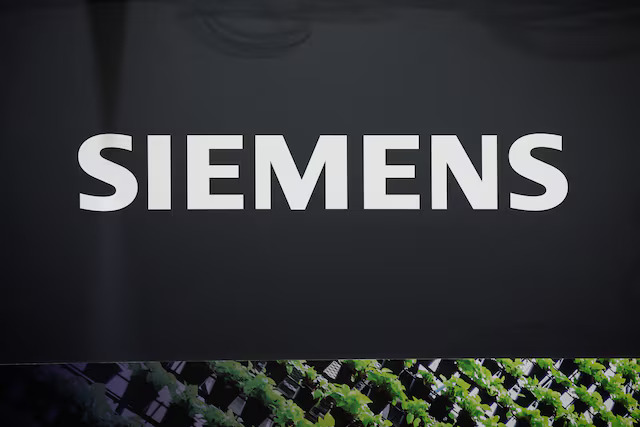Energy

One of South Africa’s biggest industries at risk
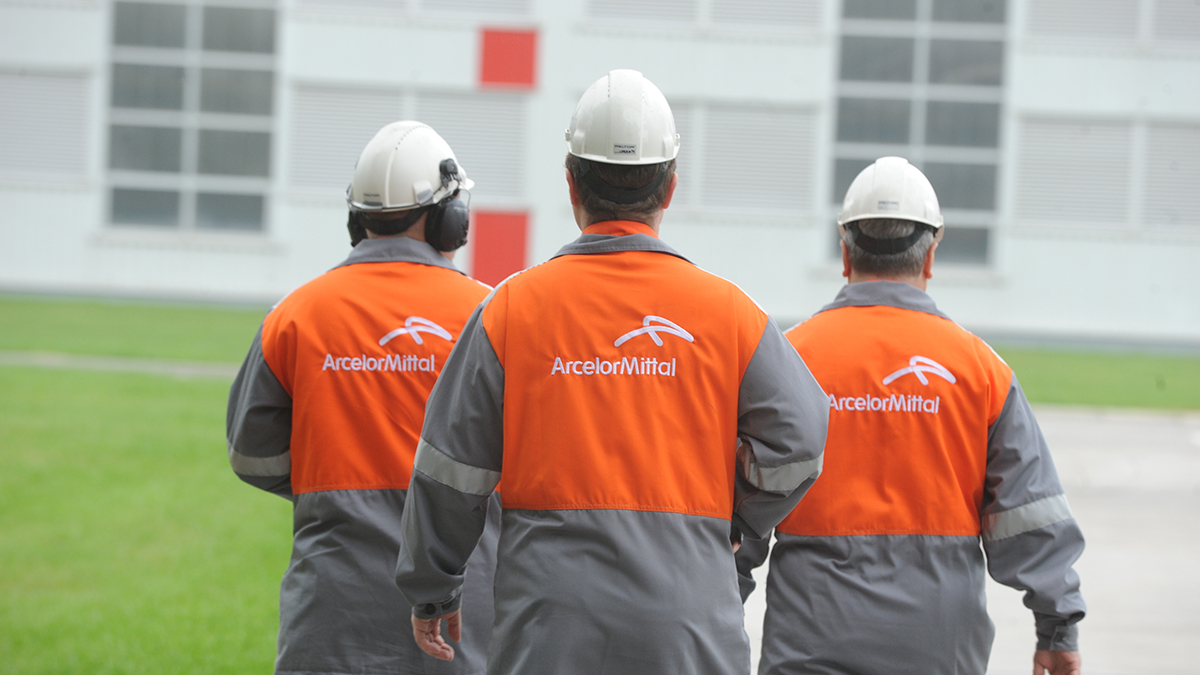
ArcelorMittal has warned that South Africa’s steel industry, and the thousands of jobs it provides, is under threat, and if certain issues are not urgently addressed, it will only be a matter of time before the viability of the entire business is at risk.
In a SENS announcement released today, ArcelorMittal told shareholders that urgent government intervention is needed to stem the industry’s decline.
In the first half of the 2024 financial year, ArcelorMittal’s results were negatively impacted by difficult local and regional trading conditions and by the negative volume and direct cost impacts of operational interruptions of the two blast furnaces at Vanderbijlpark.
At the time of releasing its interim results, the company’s evaluation of the outlook for the second half of the 2024 financial year included anticipation of an improved environment for demand and pricing sentiment, boding well for a gradual recovery.
Accordingly, despite the instability during H1 2024, ArcelorMittal expected that the financial performance for H2 2024 would be more reflective of the underlying business performance, as the company anticipated returning to profitability despite demand and price pressure.
However, the company said the global and local steel market deteriorated further since it released its June 2024 interim results.
“Despite the recent optimism in South Africa, the domestic steel industry has been facing a particularly difficult period,” the company said.
“Demand remains weak, logistics and energy costs continue to be excessive, imports persist, and the market distortions that contributed to the 2023 decision to wind down the Longs Business continue to provide an unsustainable and unfair advantage to scrap-based producers.”
“This is despite the Company having implemented substantial cost-cutting interventions to ensure its sustainability, as the national and market constraints present a significant hurdle to overcome.”
On 2 July 2024, ArcelorMittal announced that its Longs Business would continue to operate despite an earlier announcement that the company planned to shutter this business.
The company explained that, despite progress being slower than anticipated and with some instances of disappointment, its board and management decided that the Longs Business will continue to operate.
This was done to allow an opportunity for the short-, medium- and longer-term initiatives aimed at securing its sustainability to be fully explored.
The key issues that needed to be addressed included removing the export tax on scrap, resetting the Price Preference System (PPS) mechanism at an appropriate level, implementing trade measures, and addressing the logistics and energy costs.
“We acknowledge that there has been support by Government and stakeholders to progress the issues. The process to implement trade measures is progressing, although slower than anticipated,” the company said.
The company said there has also been extensive engagement with Transnet in this regard.
The government has engaged with the steel industry associations, notably the Steel and Engineering Industries Federation of South Africa (SEIFSA), regarding these issues and the steps needed to revive the steel industry and the economy.
The Trade, Industry and Competition Minister has also acknowledged the need for effective collaboration and urgent intervention to revive the economy and the steel industry as a strategic sector to enable the national priority of industrialisation.
“Government has therefore been supportive, and there is no lack of commitment,” ArcelorMittal said.
“However, this is not sufficient as urgent action is needed. There is a need to act expeditiously, and as a result, the company has once again approached the government and has requested urgent intervention.”
ArcelorMittal requested urgent government intervention on the following matters to ensure a level playing field and allow for its Longs Business to continue operating:
- Reduction of the export tax on scrap to zero.
- Resetting the PPS mechanism.
- Implementing trade measures.
- Addressing circumvention.
- Reduction in electricity prices to address the current over-charge relative to global competitors.
Reduction in rail and port prices on the same motivation as detailed for electricity.
“The company has taken steps to avoid the closure of the Longs Business thus far as it will have far-reaching effects.”
This includes a negative impact on the downstream, direct and indirect job losses, an increase in imports and a loss of critical local manufacturing and opportunities for localisation and beneficiation.
“However, if these issues are not addressed as a matter of urgency, it will only be a matter of time before the viability of the entire business will be at risk, and the company will need to take steps to ensure that this does not happen.”
ArcelorMittal said a viable and sustainable primary steel industry has the potential to significantly contribute to national priorities, including GDP growth and infrastructure development.








